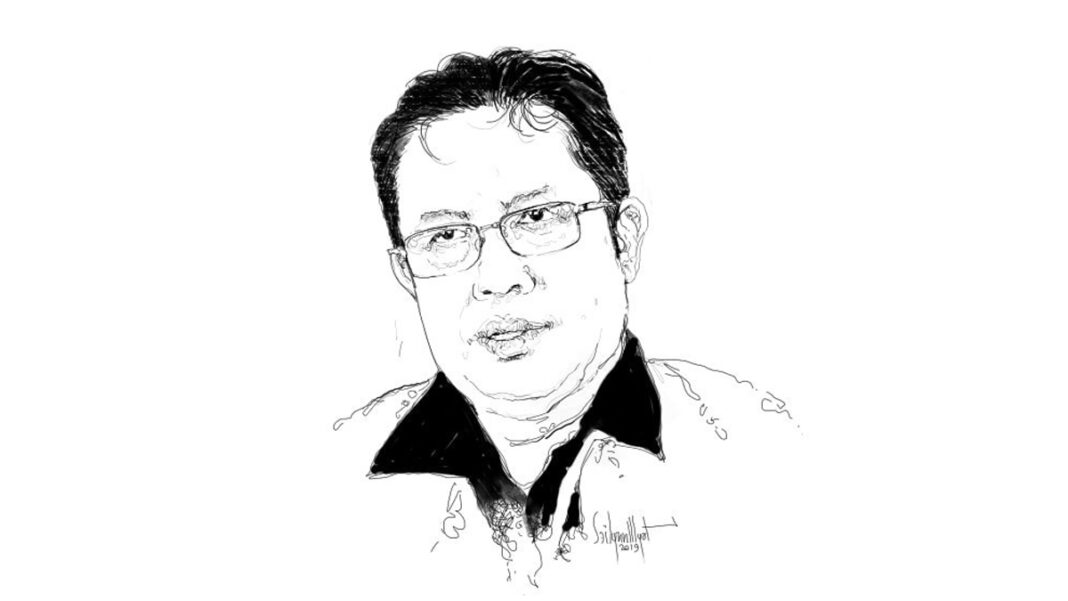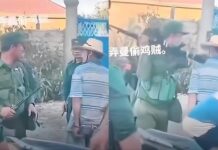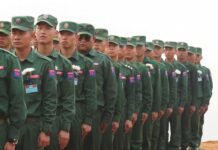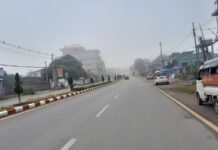While many different ethnic armed organizations launched attacks against the military junta and are forming their self-governance, the two Shan armies continued the negotiations of their ceasefire agreement. This raises concern among the Shan communities.
In early March, the Three Brotherhood Alliance (3BHA) held its 5th meeting with the State Administration Council (SAC) in Kunming, China. The 3BHA, particularly the Myanmar National Democratic Alliance Army (MNDAA) or Kokang Army has been negotiating for its self-governance.
The MNDAA’s claim of self-administration region was made many years before. Since 2015, the MNDAA has sought to reclaim the Kokang Self-administration from the military-backed Kokang Border Guard Force. However, the 1027 Operations enabled them to seize control of Laukkai Township, the Kokang capital, along with other areas such as Konkyan Township, Kunlong Township, and parts of various other townships such as Muse and Hsenwi where Shan people are populated and also controlled by the Kachin Independence Army (KIA), Shan State Progress Party/Shan State Army (SSPP/SSA) and Ta’ang National Liberation Army (TNLA).
As soon as they had these areas under their control, the MNDAA announced that these areas would fall under their Special Region No. 1.
This designation of Special Region dates back to 1989 under the State Peace and Development Council (SPDC) when the military government lacked a strong presence and had no political negotiating rights. As a result, the ethnic armed groups were granted special regions to self-govern until the legitimate government assumed control. In addition, the designation of Special Regions was not based on clear boundaries but was dependent on their controlled territory.
Initially, there were 12 Special Regions, seven in Shan State, three in Karenni, and two in Kachin State. Special Region No. 1, established in 1989, encompassed Konkyan, Laokhai, and Mong Koe in Muse Township. However, Mong Koe was split away from the Special Region No. 1 due to internal conflicts that led to the formation of the Mong Koe Defense Army (MDA).
However, these Special Regions eventually clashed with the military because the military could not serve as a legitimate government who has political negotiating rights.
Again, the current military junta continues to adhere to the practices of the traditional military. This was made clear on January 29 when the leader of the SAC government, Senior General Min Aung Hlaing, stated that his administration does not place significant weight on political discourse. This statement restates the position that the SAC government refrains from participating in political negotiations, signifying that any accords or resolutions reached during this regime are solely valid within the SAC.
Thus, it is imperative to acknowledge that upcoming occurrences could deviate from the current situations. Despite this, preparation for such prospective changes is crucial.

















Leave a Comments